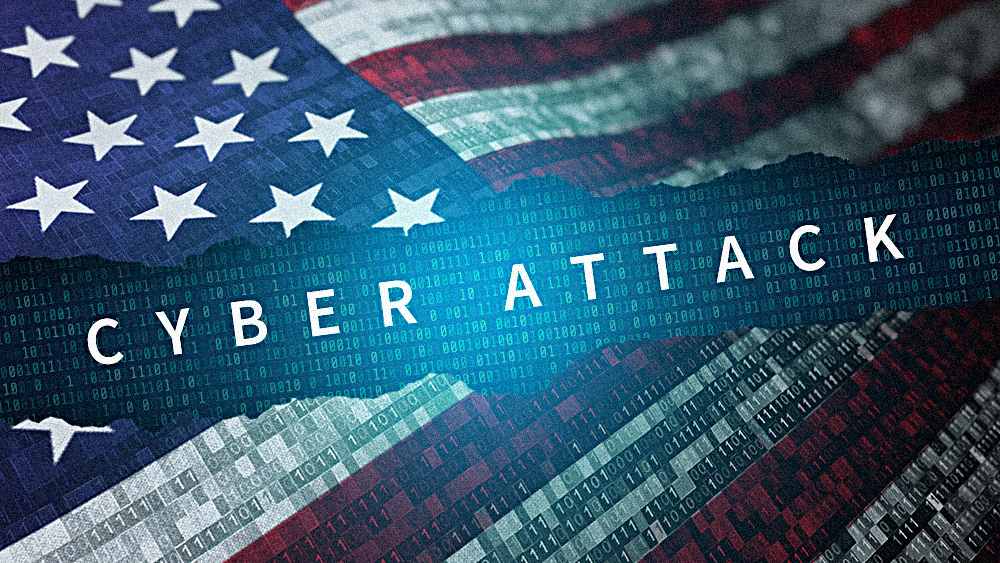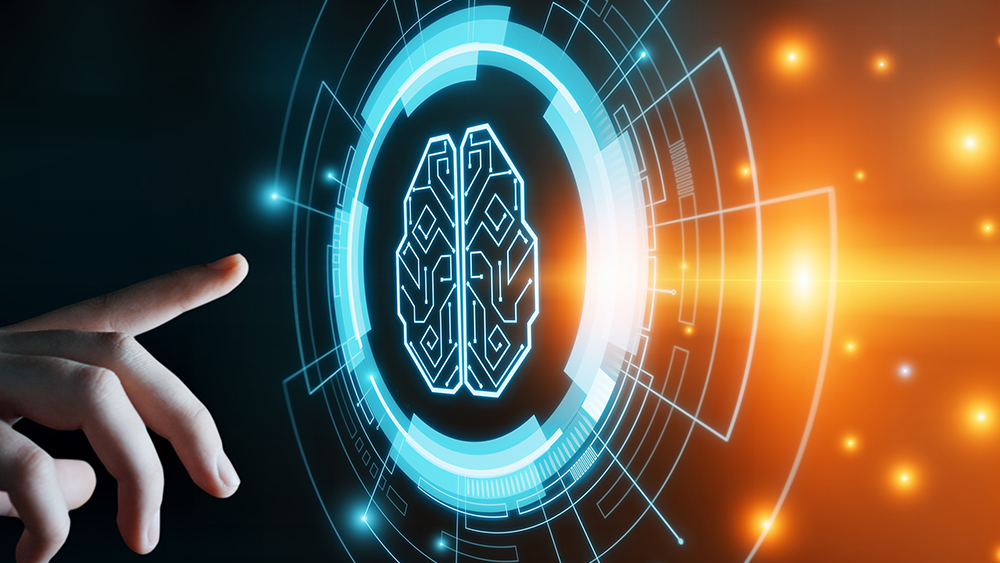
The NSA noted that the new center signals the government's desire to confront heightened fears that foreign adversaries will strengthen their abilities to crack AI operators' systems, manipulate their models or even steal their intellectual property. (Related: Cybersecurity expert successfully builds PROPAGANDA MACHINE that can mass produce AI-generated DISINFORMATION.)
This comes as the U.S. government increases its use of algorithms and other information technology systems supported by AI and is seeking to keep these new and vulnerable infrastructures safe from theft or sabotage.
NSA Director, Commander of U.S. Cyber Command and U.S. Army Gen. Paul Nakasone said in a press briefing that the new AI security center will be incorporated into the NSA's existing Cybersecurity Collaboration Center, which works with government and private sector partners to strengthen U.S. cyber defenses, especially from near-peer rivals Russia and communist China.
This new center will become the focal point for the NSA for "promoting the secure adoption of new AI capabilities across the national security enterprise and the defense industry base," said Nakasone. "AI will be increasingly consequential for national security in diplomatic, technological and economic matters for our country and our allies and partners."
Nakasone also said that AI's increased importance and the opening of the new AI security center is part of the NSA's steps to "shape the future" of AI technology in the security, defense and intelligence sectors.
An NSA spokesperson added that the agency's new center "is uniquely well positioned to bring its technical expertise, threat insights and authorities as National Manager for National Security Systems and its work with the Defense Industrial Base to support whole-of-government efforts in conjunction with the private sector to ensure an enduring U.S. advantage in AI."
"NSA's principles and values, along with our culture of compliance and protection of privacy and civil liberties, will serve as the foundation for the [AI security center's] activities," the spokesperson claimed.
U.S. maintains a slight advantage in AI tech
In his statement to the press, Nakasone confirmed that America's lead in AI technology is being increasingly threatened by China.
"We maintain an advantage in AI in the United States today," he said. "That AI advantage should not be taken for granted."
America's foreign adversaries like China have increased their interest in targeting AI models as generative AI tools become more popular. Cybersecurity researchers have noted that China has in recent months stepped up its cyber operations focused on attacking institutions of the U.S. and its allies, including pre-positioning malware designed to disrupt military communications. Just recently the U.S. and Japan issued an alert warning that Chinese hackers were targeting government, industrial, telecommunications and other entities that support their militaries.
"We must build a robust understanding of AI vulnerabilities, foreign intelligence threats to these AI systems and ways to encounter the threat in order to have AI security," said Nakasone.
The NSA chief further noted that the agency already extensively uses AI, but final decisions on anything are always reserved for humans.
"AI helps us, but our decisions are made by humans. And that's an important distinction," he said. "We do see assistance from artificial intelligence. But at the end of the day, decisions will be made by humans and humans in the loop."
"With China continuously improving and building out their AI capabilities, we have no choice but to lead the way in the development and implementation of this emerging technology," said Ziven Havens, policy director of the nonprofit Bull Moose Project. "America must be first, or else we will be left behind in the AI race."
Learn more about the threats to American national security at NationalSecurity.news.
Watch this clip from Fox Business discussing how the growing popularity of artificial intelligence is affecting the economy.
This video is from the News Clips channel on Brighteon.com.
More related stories:
AI and genetic engineering could trigger a "super-pandemic," warns AI expert.
Sources include:
Please contact us for more information.






















